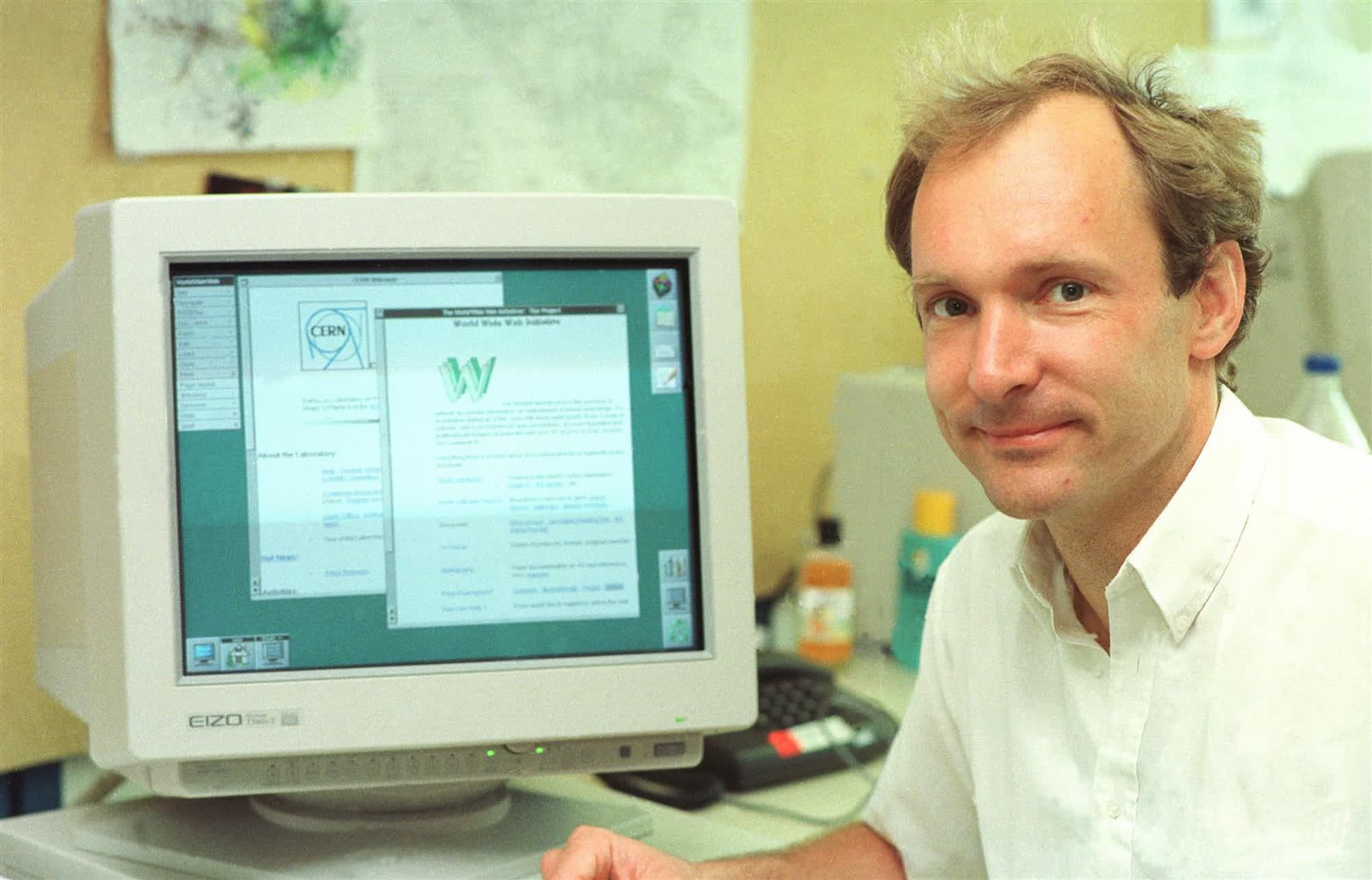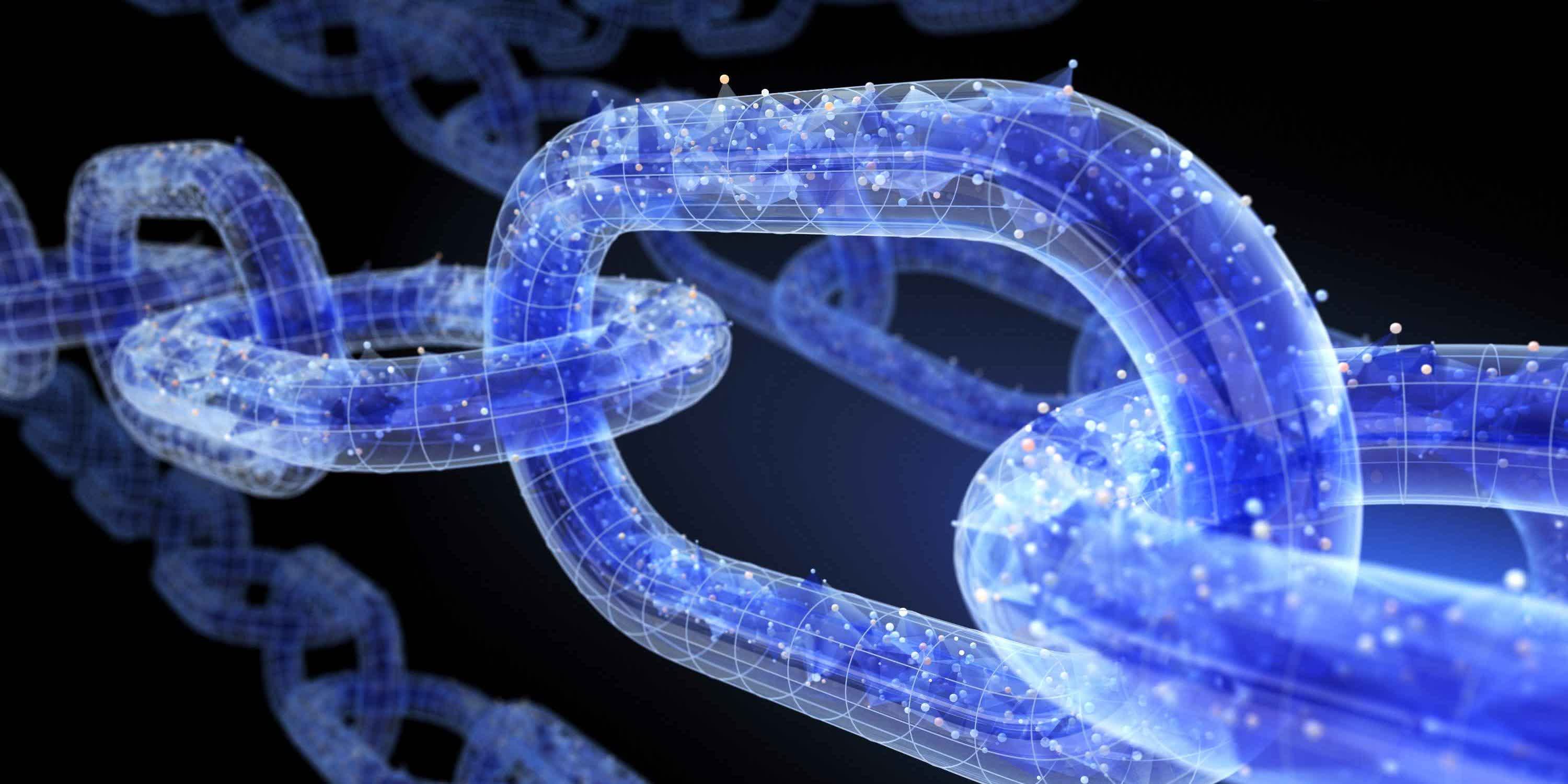Forward-looking: The creator of the World Wide Web has disavowed Web3 as the future of internet's most successful and popular application. He is proposing Solid, a new decentralized effort not based on blockchain, as a possible solution to the issues the web is facing at the moment.

Tim Berners-Lee is best known as the creator of the World Wide Web, and he is still trying to improve his creation beyond its current state. The future of the web conceived by the British computer scientist, however, doesn't resemble what marketers and startups are trying to sell as the "Web3" decentralized utopia.
Also known as Web 3.0, Web3 describes a hypothetical future version of the World Wide Web incorporating things like decentralization, blockchain and token-based digital transactions, with the purpose of creating a more democratic web platform where Big Tech companies like Google, Amazon, Facebook and Microsoft aren't holding all the data and contents hostage.
According to Tim Berners-Lee, however, Web3 isn't the web at all: speaking at the Web Summit conference recently held in Lisbon, the computer scientist and head of the World Wide Web Consortium (W3C) said that it's important to clarify the meaning of words in order to discuss the impact of new technologies. "You have to understand what the terms mean that we're discussing actually mean, beyond the buzzwords," Berners-Lee said.
"Blockchain protocols are too slow, too expensive and too public," according to Berners-Lee
"It's a shame that the actual Web3 name was taken by Ethereum folks for the stuff that they're doing with blockchain," the technologist said, because in his vision blockchain isn't the solution to the problems the modern web is facing right now.

The distributed ledger technology used to verify transactions in cryptocurrencies like Bitcoin is a solution constantly looking for a problem to solve, and according to Berners-Lee, it will continue to be irrelevant for the future of the web as it is for the future of the world today.
Blockchain protocols are too slow, too expensive, and too public, Berners-Lee said, while personal data stores have to be fast, cheap and private. Web3 will not democratize internet access to data and knowledge, but there is a "Web 3.0" design alternative he is working right now with his startup Inrupt. Its name is Solid, and it avoids using blockchain-derived technology altogether.
Solid is a web decentralization project that aims to radically change the way web applications work today, led by a privacy-by-design principle and bringing data ownership in the hands of users away from Big Tech centralized data centers.
Solid uses several "tricks" to implement a kind of decentralization network which goes beyond current models like BitTorrent, employing a global "single sign-on" feature that lets anyone log in from anywhere, or login IDs that allow users to share their data with others. Additionally, a "common universal API" will let apps pull data from any source within the entire Solid platform.
https://www.techspot.com/news/96577-tim-berners-lee-please-ignore-web3-nonsense-future.html